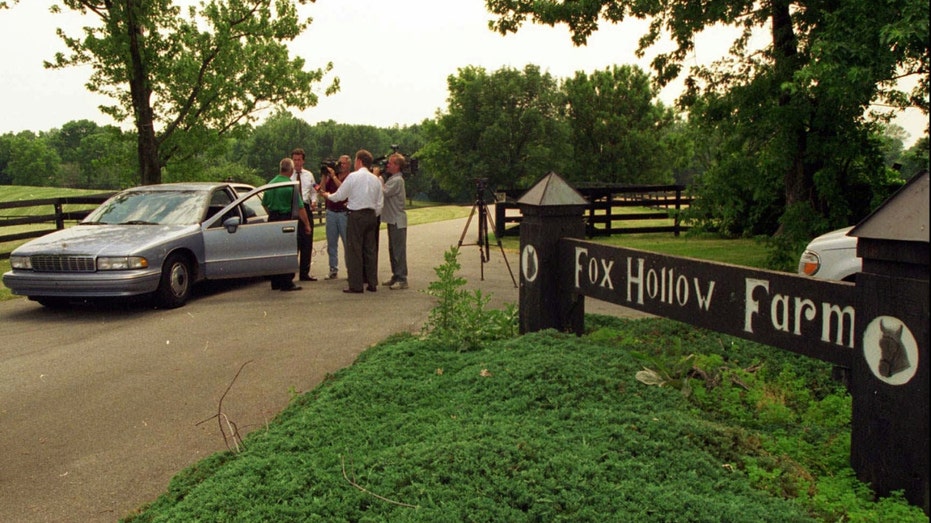Indiana Coroner Criticizes Police Failures in Fox Hollow Farm Serial Killer Investigation
Indiana coroner blames law enforcement for missed clues in 1990s Fox Hollow Farm serial killer investigation.

The investigation into the infamous Fox Hollow Farm serial killer has taken a sharp turn as Hamilton County Coroner Jeff Jellison openly criticized law enforcement’s response to the case in the 1990s. The case, which centers around suspected serial killer Herb Baumeister, linked to at least 25 murders, continues to haunt Indiana decades after the first human remains were discovered on the property.
Earlier this year, Coroner Jellison announced the identification of Daniel Thomas Halloran as the latest victim whose remains were uncovered among thousands of bone fragments found at Fox Hollow Farm in Westfield, Indiana. Halloran is now recognized as the tenth confirmed victim, providing long-awaited answers to families desperate for closure. Jellison, however, expressed deep concern over how the initial investigation was handled, stating that local authorities “dropped the ball” after the case’s early stages.
Jellison particularly criticized the decision by law enforcement at the time to shift the responsibility of DNA testing costs onto the families of potential victims. “They made the decision not to fund DNA testing to identify potential victims in what might be one of the most prolific serial murders in our country,” Jellison said, emphasizing that such an approach would be unimaginable in today’s climate of victim support. He also suggested that investigators may not have fully pursued other potential suspects or additional victims, raising questions about whether justice was truly served.
The grim discoveries at Fox Hollow Farm began in earnest in 1996, when detectives finally accessed the property following months of suspicion. With approximately 10,000 bones and bone fragments unearthed, authorities tied the killings to Baumeister, who was accused of luring gay men to his home under false pretenses before murdering them and burying their remains across his expansive 18-acre estate. Baumeister, owner of the Sav-A-Lot shopping chain, reportedly carried out these crimes during the 1980s and 90s, exploiting periods when his family was away from home.
The case appeared to end abruptly when Baumeister died by suicide in a Canadian park soon after the first remains came to light. In 1998, Hamilton County officials declared the investigation closed, with no other suspects identified. Despite this, Jellison’s renewed efforts have reignited public interest and reopened wounds for victims’ families who struggled for years to gain recognition and resolution.
“These remains represent victims in a homicide, in a murder. So, to say to the families that if you want to know if your loved one was a victim of a murder, I mean, that’s a tragedy in and of its own,” Jellison observed, adding that he believes today’s law enforcement agencies are far more sensitive to the needs of victims’ families.
The Hamilton County Sheriff’s Office has declined to offer further comment regarding Jellison’s criticisms. Meanwhile, the latest developments provide hope that, through renewed attention and advances in forensic science, more of Baumeister’s victims may finally be identified — allowing their families the closure they have waited decades to receive.




